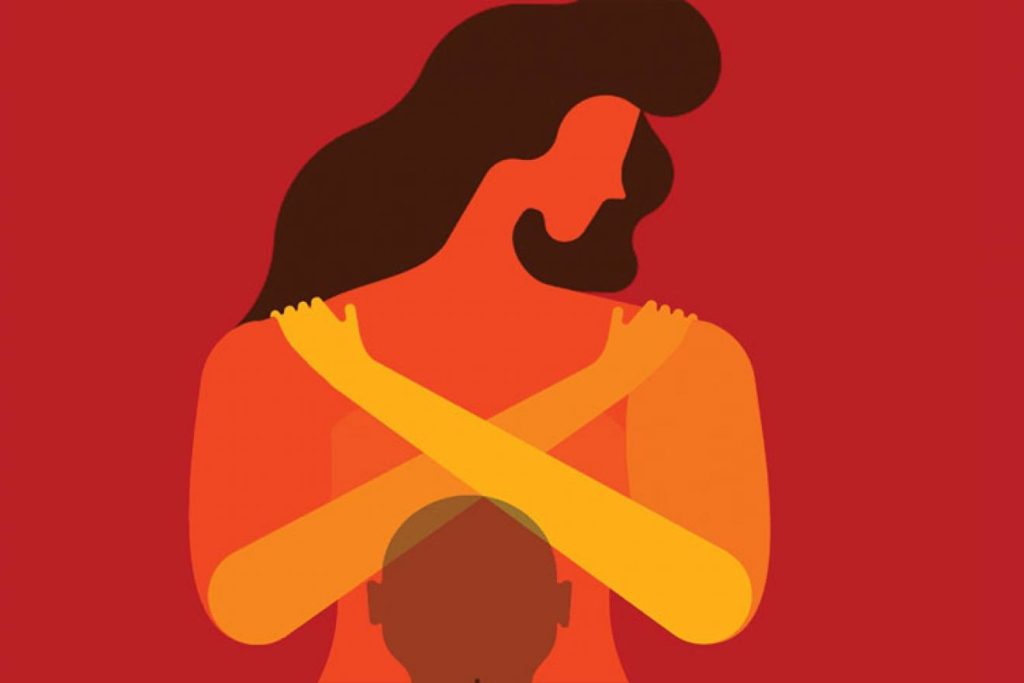The number of temporary restraining orders imposed across the entire of Flanders is lower than in Rotterdam, which is just one-tenth of the population size. Yet far from painting the Dutch city as a comparatively safe haven, Flemish Minister of Justice Zuhal Demir cited the figure to highlight how Flanders is failing its victims.
While a temporary restraining order has been proven to be an effective means of preventing an escalation of intrafamily violence, and it has been used more often in the past three years (800 such orders have been imposed), far too few public prosecutors apply it, says Demir.
"It is a painful observation that a city like Rotterdam with its 600,000 inhabitants imposes more temporary restraining orders than public prosecutors in the whole of Flanders."
"Either the Dutch are ten times more prone to domestic violence, or we in Flanders still have a long way to go. I fear the latter is much closer to the truth," she added.
Regional disparity
The temporary restraining order has been a legal means of preventing family violence since 2013 and prohibits offenders from entering the home of their victim(s) for a certain period of time.
In the first few years (between 2013 and 2019), barely 700 people in Belgium received such a ban on returning home, while there were more than 40,000 reports of family violence per year.
Flanders is now playing catch-up: in 2020, almost 1,000 temporary restraining orders were imposed; last year this figure increased by 77%. Yet Demir argues that the figures remain lower than they should be. The orders are more likely to be used in places where there is a Family Justice Centre.
"Whether victims can count on a public prosecutor issuing a temporary restraining order depends entirely on where you live in Flanders. Whereas it should depend on your familial situation."
Introducing more types of restrictions
In light of the figures, Demir called on public prosecutors in the region to use the measure more often. The justice minister also stated the need for other types of restraining orders to better protect victims.
"We can have the technology to better protect (potential) victims. Other countries are already proving that it can be done." Demir has endorsed the use of a "GPS system" to track restraining orders and closely monitor whether the evicted person actually stays away from the home or victim.
Related News
- Students plead for culture change to tackle sexual misconduct in universities
- Tenth International Day of the Girl: Societal events slowing progress of rights
The minister is now in talks with Australia and Spain, where both the offender and the victim receive a signal via monitoring system staff every time the offender with a restraining order gets too close.
Finally, new ankle restraints equipped with the latest technologies should be available by the end of next year.

